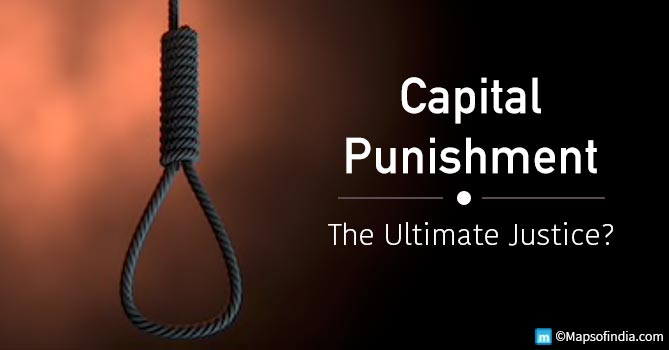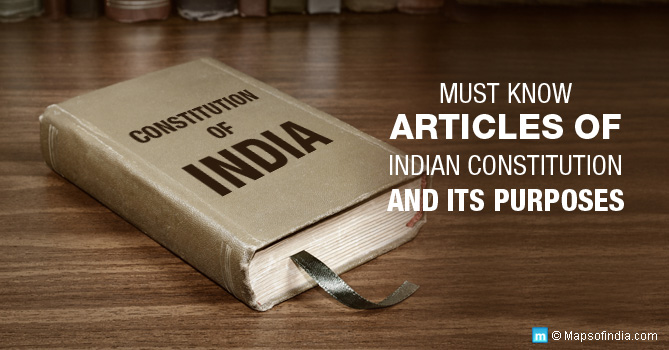Government sources reveal that 52 people have been executed in India since our independence. However, People’s Union for Civil Liberties, an Indian human rights organisation, claims that the numbers are much higher. Their research has placed 1422 executions in the decade 1953-63 alone. The last person to be executed in India was Yakub Menon, on July 30th 2015. He was convicted for his role in the 1993 Bombay bombings. Another name that people always remember is Ajmal Kasab – the terrorist from 2008 Mumbai attacks. He was executed on 21st November, 2012.
Presently, about 140 countries around the world have abolished capital punishment- either in general practice or by law. India remains on the smaller side that still retains capital punishment, alongside China, United States, Pakistan etc. In 2017, the United Nations Secretary-General famously said that “The death penalty has no place in the 21st century”, urging the countries who still conduct executions to abolish the practice immediately. However, the arguments in India stand divided on the issue.
Is death penalty really the “ultimate punishment”, or should it be banned?
Why people support death penalty
In July, 2018, Lok Sabha passed a bill that granted death penalty to anyone convicted of raping a minor under 12 years of age. In the same month, the Supreme Court upheld death penalty of the three convicts from the 2012 Nirbhaya rape case. Both the moves were welcomed with open arms, being seen as India’s bold statement of “We will not tolerate rapes any longer”.
For others who follow the same school of thought, death penalty is the highest form of justice and punishment. People believe it acts as a powerful deterrent to crime, death being the one thing feared by all. Moreover, for convicts guilty of crimes like murder, genocide, terrorism, rape etc, they believe any punishment less than a death penalty fails to serve justice.
The other side of the coin
In 2015, the Law Commission of India released its 262nd Report, recommending the country to move forward from death penalty except in the cases of terrorism. The Law Commission of India is an advisory body that suggests law amendments to the government. Stating the reasons, it noted that contrary to general belief, death penalties do not necessarily act as a deterrent. The argument was backed up by statistics. India’s murder rate has fallen from 1992 to 2013, coinciding with a fall in executions.
In 2009, the Supreme Court admitted that it had wrongly sentenced 15 people to death in 15 years.
In 2012, 14 retired judges wrote to the then President Pranab Mukherjee mentioning that since 1996, the Supreme Court had wrongly sentenced 15 people to death, two of whom had been hanged. There have been cases in which, researches post execution concluded that there were alarming loopholes in the investigation.
Dhananjoy Chatterjee, the only Indian to have been executed in the 21st century for reasons other than terrorism, was hanged on 14th August, 2004. He was convicted for the murder and rape of a 14 year old girl. Till death, he remained firm on the stand that he was innocent. He was sentenced on purely circumstantial evidence. Later findings have brought to light that there were serious glitches in the investigation, with two professors from Indian Statistical Institute, Kolkata conducting an intensive research that has strong claims of Chatterjee being wrongly convicted.
In a US based study, 88% of criminologists had the opinion that death penalty does not act as an effective deterrent. In the same study, nearly 91% claimed that politicians support death penalty to appear tough on crime.
Another school of thought opposes capital punishment, but for a different reason. It is said that death penalty is not a punishment of substance. For somebody who has committed a heinous crime, death acts as a quick end to punishment, with no following up of guilt or continuous reminders.
Conclusion
In Criminal Law, there is a famous principle called the Blackstone’s formulation. It says that “It is better that ten guilty persons escape than that one innocent suffer”. While there are several reasonings to oppose the said quote, one thing is certain. There is no denying that a death sentence is irreversible, and the possibility of an innocent being convicted makes it a very dangerous decision to make.
Whether or not one considers death penalty an effective tool for curbing crime, it must be admitted that it has its fair share, perhaps more, of drawbacks. It becomes essential, then, to make sure that in our quest for justice, we do not recklessly deny it to an innocent life.
Read More:
It’s Scary! New Tech, New Terror – We Aren’t Safe Any More
Terrorist Attacks in India: New use of cycle
Death of Inmates in Tihar Jail
Death or rigorous imprisonment: What will terrorize the rapists?
Dowry Deaths: Time to stand up and smell the stink!
Indians discriminate Indians – Case of Racial Discrimination and death
How Rape Convicts Are Punished in India and Other Countries ?
Pakistan: Intensifying Anti-India Agenda
Hindu-Muslim Relationship





